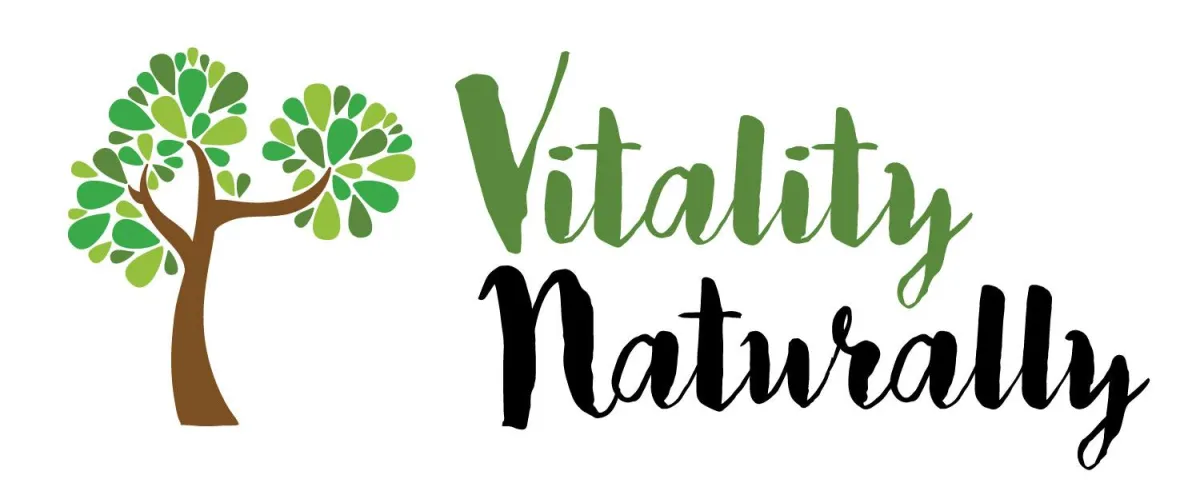Blog
Words of wisdom to inspire you...
Blog
Words of wisdom to inspire you...

Your stress - where does it come from?
STRESS – the western world’s biggest cause of illness?
According to the NCBI, 75% - 90% of human disease is related to the activation of the stress system. Also, the Mental Health Foundation carried out a study of 4619 people in 2018 that revealed more than 75% of those people had felt so stressed, they were overwhelmed and unable to cope.
Are you one of them? I know I definitely have been.
I was once described by a hospital consultant as a “Type A” personality – someone very driven to succeed, a hard worker, very competitive and able to work well under pressure. These sound like positive traits by today’s culture, right? The thing is, this hospital consultant was investigating an issue I was having with my eye, and he explained its usually something only seen in highly stressed, middle-aged men. I was only in my 20s at the time. A woman, determined to climb the career ladder, and be successful. I was so focused on this, that I failed to see the stress I was placing myself under, because ultimately, I was driven by low self-worth and low self-esteem. I was trying to achieve in my life what I felt I lacked internally.
This brings me nicely onto the main theme of this article: Sources of stress. Before I come on to that, here is a little more information on stress and it’s impacts.
Stress is only meant to be a short-term response in our body. A healthy and helpful stress response is one that enhances mental and physical performance when needed, and enables you to respond to (real) threats in your environment. Once the stress has passed, in theory, the body returns to homeostasis – a state of stability and optimal functioning.
If, however, chronic stress has become your normal, you might not notice the impact it is having on your health and wellbeing. Chronic stress, as defined by Very Well Mind is “a prolonged and constant feeling of stress that can negatively affect your health if it goes untreated.” This means your nervous system is under constant strain, with an excess of adrenalin, cortisol, noradrenalin and other stress hormones coursing through your body. Your parasympathetic nervous system (rest & digest / relaxation) does not have a chance to activate, missing the opportunity for your body to rest, replenish and rejuvenate.
How does chronic stress show up?
Your body is always communicating with you. So the chances are you will have symptoms of chronic stress, even if you don’t recognize them as stress related. It’s possible that you’ve been in chronic stress for so long, that you don’t even notice it any more (as was my experience), until your body forces you to STOP. For me, that was in a full scale burnout. If you think this might be you, read more here in this burnout to breakthrough article for ways to recognize if you’re burning out, and what to do about it.

Can you relate to any of these symptoms that might be showing you high stress levels? This list isn't exhaustive, and everybody is unique, so there might be more that you can think of.
In the longer term, chronic stress can manifest in illnesses such as burnout, heart disease, blood pressure issues, irritable bowel syndrome, depression, anxiety, diabetes, and even cancer – just to name a few.
But rest assured, it’s never too late to change and take control of your wellbeing. By doing this you might recover from your symptoms, prevent recurrence, and even thrive again. Download your free DESTRESS YOUR LIFE resources to get started on stress reduction now, and read my other blogs for inspiration on how to make sustainable lifestyle changes.
Sources of stress
Stress can be categorized into two main sources: INTERNAL and EXTERNAL.
External stress comes from the environment outside of you. Consider these areas of your life, and score on a scale of 1 to 10 on how stressful these are for you, then consider in what ways they are stressful.
Your job/work
Your health
Relationship with spouse/partner
Finances
Relationships with family
The state of the world
Home environment
Social life (or lack of)
Internal stress could be more difficult to identify, but with a self-awareness practice, you may begin to identify them more easily. How fulfilled do you feel in your internal world? And do you experience difficulty in any of these areas?
Low self-confidence
Low self-esteem
Perfectionism
Unresolved trauma
Self-criticism
Procrastination
Poor boundaries
Needing to do it all on your own
You might never have considered these internal aspects before, and whilst it may seem overwhelming at first, bringing awareness to it puts you in an empowered position to create change. The thing is, often, the internal sources of stress are actually the root cause of external stress. Yes, really!
How internal stress drives external stress
Take my example of earlier. As a (formerly) “type A” personality, my low self-confidence and low self-worth, stemming from an innate belief that I was never good enough, constantly drove me to prove myself and achieve anything that was asked of me. This created great stress in my work life, because I was constantly placing myself under pressure, and so were my employers (after all, I was eager to please!)
In my home life, I was so insecure about my perceived inadequacies, I was constantly trying to be the perfect wife, the perfect host, have the perfect house and the perfect life. Nothing was ever good enough, because as I saw it, I was never good enough.
Can you see now how internal stress drives our external stress?
I invite you to take some time reflecting on this and how it might apply in your own life. Perhaps write down some bullet points on how this lands with you. Be really honest with yourself! You might notice some difficult thoughts and feelings start to arise with this exercise. Please be gentle with yourself and try to understand that there is a reason why you are exhibiting these patterns.
The key is somewhere in your subconscious, and there are ways to re-program your mind and body with patience, self-care and compassion. Are you wondering if it’s possible? I categorically know it is, because I have been on that journey of self-discovery, and now support my clients to do the same.
The way forward

As you begin to re-program your inner world, you will watch your outer world change before your eyes. How you respond to people, situations and experiences will change, and you will find a new-found sense of freedom to be yourself – minus the stress! You don’t have to walk away from your life to do it – you might just need a different approach. I know that if I can do it, then you can too!
I offer coaching support for those who are ready to do this deep inner work, using the PEMS© approach to wellness (looking at your physical, emotional, mental and spiritual wellbeing) and using transformational energy and movement techniques for sustainable and powerful change.
Find out more and book your free, no obligation, 30-minute consultation
Sign-up to my newsletter and receive your FREE de-stress your life resources
Read other articles in this blog to get you started on your journey to wellness, vitality & joy.
FREE DOWNLOAD




